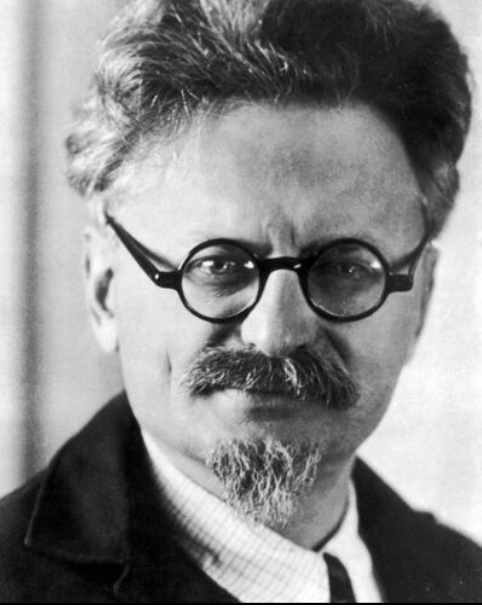
a few words from ‘proles’
HE HITCHED HOME in the morning. Once inside the apartment he tossed his backpack on his bed and made for his brother’s room, finding its door half-open. Unlike his own pristine room—cleaned as always to a fare-thee-well, in his absence, by his mother—his brother’s was in disarray and gave off the funk of a locker room, minus the sweetly sickening scent of Right Guard aerosol spray and bargain-basement cologne. Smack in the middle was the source of the funk, sprawled face down on his bed, nose in a book, surrounded by other books. Swimming in books. His right hand floating above his head, clutching a lemon-yellow highlighter, uncapped and ready to go. Reading a book, for Jake, was an act of aggression, like going to war. Highlighters were his weapon of choice.
Jake was studying to be Trotsky. He had started to look like Trotsky.
Simon knocked on the jamb to get his attention. Jake paid him no mind. “Three words,” Simon declared, trying to sound triumphant. “City of Emeralds.” His brother glanced up and went back to his reading, unimpressed. His default posture. Simon stood in
the doorway and raised his three inadequate words with a blizzard of verbiage, hoping to convey to Jake—who. as usual, was right now deep in the weeds of Marxist theory—the momentousness of what still felt, a full twenty-four hours later, like illumination, a vision of the cosmos Simon hadn’t known he’d been waiting for.
Illumination, though, defied reason. Maybe, like the lecturer said, the yearnings of the heart ran too deep to be conjured with language alone.
Or maybe he just lacked the right words.
Jake half-listened, impatient, rolling onto his back, avoiding eye contact. He signaled his boredom by using his T-shirt to polish his pie-shaped lenses, a style of eyewear the masses associated less with Lenin’s man Trotsky than Lennon of Liverpool, whose screeching wife broke up the Beatles. He checked them against the light from the window, then maneuvered the specs into his Jewfro and back over his ears.
“Sy,” he said. “Don’t be a putz.”
DUSK TURNED TO NIGHT in the rectangular frame of his windshield. He stepped out of the truck. Stars and planets, a memory of mountains, the saguaro now no more than an outline. The glow of the waning moon revealed the indistinctness of things, his own body and soul an aggregation
of atoms doing business as Simon Bussbaum, a speck of matter under the illusion that it did, in fact, matter. The illusion—the delusion—of purpose. God spoke to Moses in the voice of Charlton Himself. Had the celebrated critique de cinéma ever plumbed the implications of that little detail?

